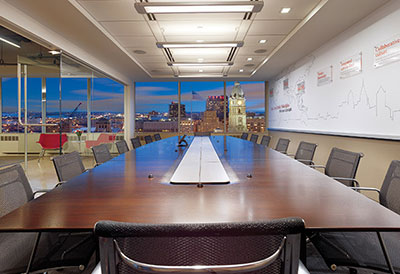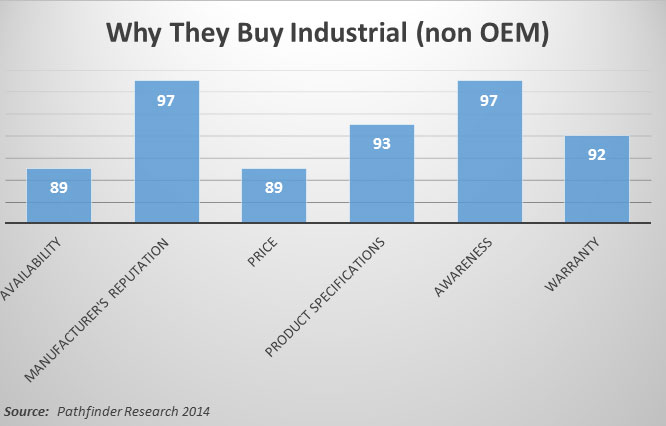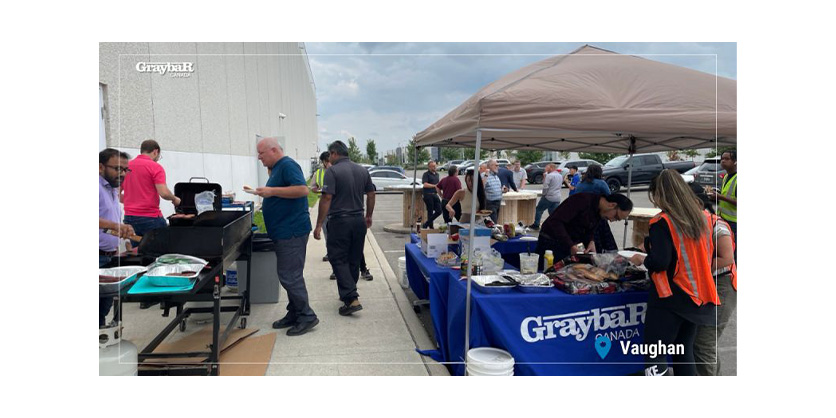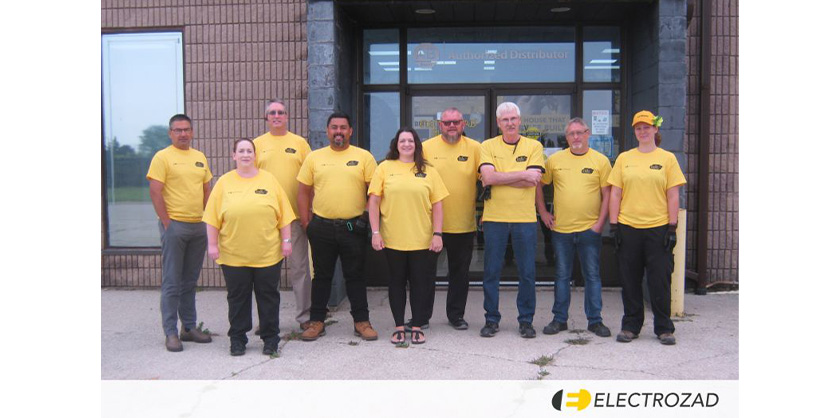Why We Shouldn’t Fear the Rise of Robots
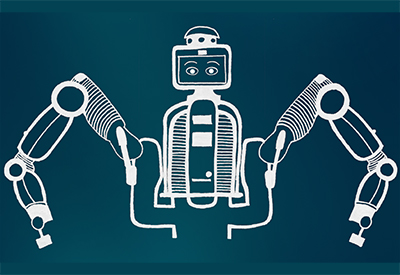
Peter Nowak
Robot angst is everywhere. Over here, there’s a robot that can mix cocktails. Beware, bartenders, your future is in peril. Over there, cars are driving themselves. Better start looking for a new career, cabbies.
The fear is understandable because guessing which human jobs will soon be irrelevant is as easy as looking at a horse and considering that it used to be our primary method of transportation. The humble equine was ultimately replaced by automation — automobiles, in fact — which in turn will soon be replaced by auto-automobiles.
Thinking about what comes next, thanks to robots, is much harder. For an amazingly imaginative species, we humans are proving unable to perceive of what the future may hold. Just as the people who rode horses couldn’t conceive of robot cars, so too are we incapable of envisioning how more automation is likely to result in better, more fulfilling jobs.
In the absence of that widespread imagination, it falls to the dreamers to show the way. Los Angeles-based artist Matthias Dorfelt is one such individual.
Dorfelt programs round, Roomba-like robots to use his drawing style, then unleashes them to do as they will.
He calls the results ”meta-creations,” or robot-human hybrid works. Their quasi-randomized drawings allow him to contemplate art at a higher level, acting as a sort of interpretation of his own expressions.
“I think more about the idea of the composition than an explicit composition that is static or fixed. I’m still very actively involved in that progress and that’s true for all artists,” Dorfelt says. “It changes the level at which the creativity is applied.”
Similarly, the human chefs who last year teamed up with IBM’s Watson — the same supercomputer that beat human opponents on the game show Jeopardy — to create new food concoctions say the machine elevated their creative ability.
Watson analyzed taste pairings that humans find pleasant, then suggested new ingredient combinations. The computer was unburdened by biases, which sparked the human chefs to create exciting new dishes such as Cuban lobster bouillabaisse and Azerbaijani saffron cake.
“There are some ingredients that a chef doesn’t use that often because it’s not part of their repertoire,” says Florian Pinel, senior software engineer at IBM’s Cognitive Cooking project. “The system considers them just as much as any others.”
Robots may take existing jobs, but they’ll create new opportunities that are difficult to envision or predict correctly today.
That robot bartender might free human bartenders to spend their time creating new cocktails. Robot cars may enable entirely new distribution networks, where individual business owners can ship products created at home around the country at low cost.
Automation is not a zero-sum game. It does not subtract from a finite pool of jobs, but rather multiplies into new opportunities. As Erik Brynjolfsson and Andrew McAfee write in their book Race Against the Machine, “Combinatorial explosion is one of the few mathematical functions that outgrows an exponential trend. That means combinatorial innovation is the best way for human ingenuity to stay in the race.”
Those new opportunities won’t materialize automatically, though. Robots can’t do that part for humans yet.
The biggest shift will need to come in education. The most important skills going forward will be creative thinking, combinatorial thinking and entrepreneurism.
Israel is a good example of this shift in thought. The country is a veritable ground zero for entrepreneurism, boasting the highest density of start-ups in the world. The creation of new businesses is ingrained in virtually the entire population. Many bartenders and cab drivers alike have start-ups on the side.
“If you can’t be part of the innovation economy, you’re going to be a laggard,” explains Jonathan Medved, one of the country’s top venture capitalists. “The good thing about innovation as a resource is that it never runs out.”


